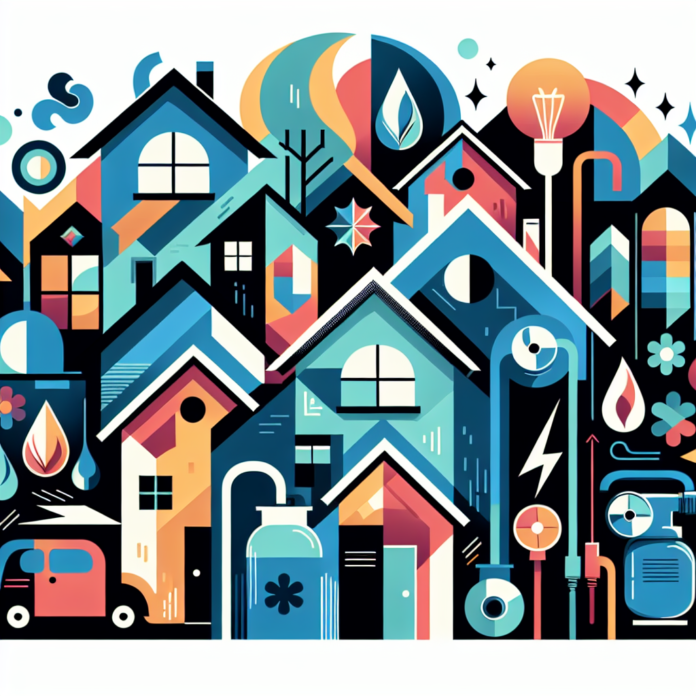Utilities Cut Power to More Households
Utilities Are Shutting Off Power to a Growing Number of Households
In recent months, a concerning trend has emerged as utility companies across the country are increasingly shutting off power to households facing financial difficulties. This situation has been exacerbated by rising energy costs and the ongoing economic impacts of the COVID-19 pandemic.
The Reasons Behind Power Shutoffs
The primary reason for these power shutoffs is non-payment of utility bills. Many families are struggling to keep up with their expenses, and energy bills can often become overwhelming. As energy prices continue to climb, particularly in the face of inflation and supply chain disruptions, more households find themselves unable to pay their bills on time. This has led utilities to implement stricter policies regarding disconnections.
The Impact on Communities
The impact of these power cutoffs is profound. A loss of electricity can affect not just comfort but also health and safety. Households without power may struggle to keep food fresh, maintain medical equipment, or even stay warm during colder months. Vulnerable populations, including the elderly and those with disabilities, are particularly at risk.
State Regulations and Protections
In response to the growing concerns over power shutoffs, some states have begun to implement regulations to protect consumers. These measures may include moratoriums on disconnections during extreme weather events or extending payment plans for those facing financial hardship. However, the effectiveness of these protections can vary widely by state and utility company.
Support Programs
Many utility companies have responded by offering assistance programs aimed at helping low-income customers manage their bills. These programs can include discounts, payment plans, and even grants to help cover overdue balances. Nonprofit organizations and local governments are also stepping in to provide support, but awareness of these resources remains a challenge for many affected households.
The Long-Term Outlook
As the economic landscape continues to evolve, the issue of power shutoffs is likely to persist. Advocates for low-income households are calling for comprehensive reforms that address the root causes of energy poverty. This includes pushing for fair pricing models, expanding access to renewable energy, and enhancing support for energy efficiency programs that can help reduce overall consumption and costs.
Conclusion
As more households face the threat of power shutoffs, it is crucial for communities, policymakers, and utility companies to work together to find sustainable solutions. Addressing the systemic issues that lead to energy insecurity will not only help protect vulnerable families but also foster a more equitable energy system for all.


